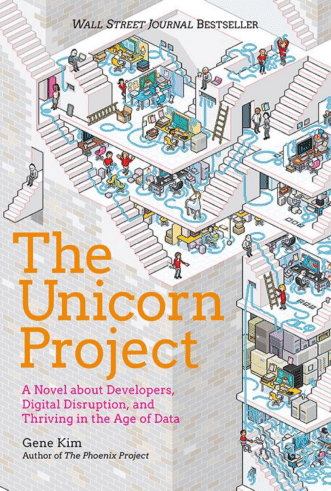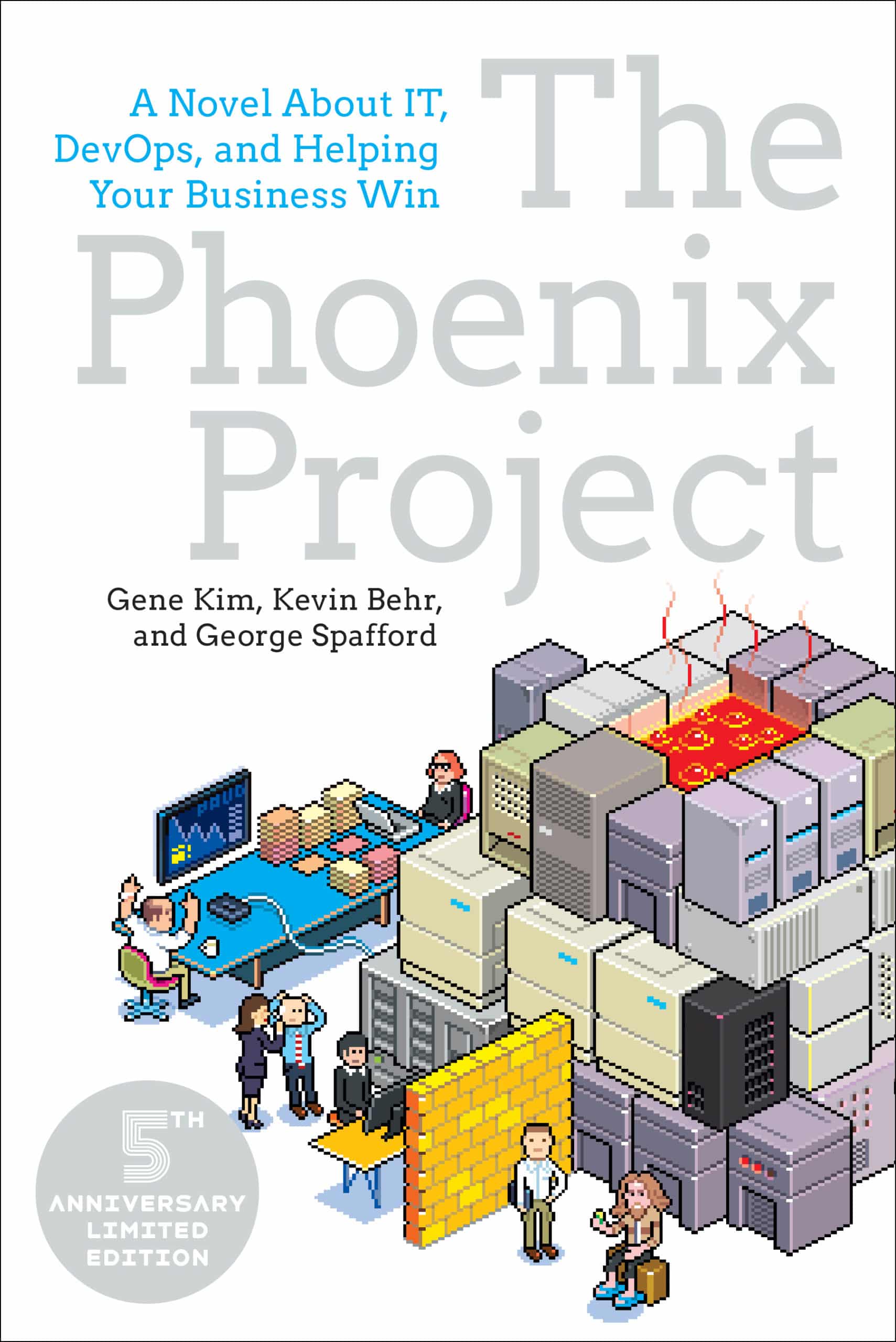The Unicorn Project (Gene Kim et al.)
The Unicorn Projects takes the same story as the Phoenix Project, but takes the view of a developper within the company.
The authors introduce the 5 Ideals of DevOps:
The First Ideal: Locality and Simplicity
This ideal emphasizes the importance of creating loosely coupled systems and minimizing dependencies. It involves designing systems and teams to be autonomous, enabling them to make decisions and take actions independently. By keeping systems and processes simple, it becomes easier to understand, manage, and evolve them.
The Second Ideal: Focus, Flow, and Joy
The second ideal emphasizes the need for continuous, uninterrupted work and the removal of waste and delays. It involves optimizing the flow of work from development to production, reducing batch sizes, and promoting a state of “flow” where work can progress smoothly. Additionally, it highlights the importance of fostering a work environment that brings joy, engagement, and a sense of purpose to the people involved.
The Third Ideal: Improvement of Daily Work
This ideal emphasizes the importance of making improvements to daily work, rather than treating improvement efforts as separate projects. It involves creating a culture of continuous learning, experimentation, and innovation. Individuals and teams are encouraged to identify and address problems, seek out opportunities for improvement, and make incremental changes as part of their regular work.
The Fourth Ideal: Psychological Safety
Psychological safety refers to an environment where individuals feel safe to express their ideas, take risks, and learn from failures without fear of negative consequences. The fourth ideal emphasizes the importance of creating a culture of trust, collaboration, and open communication. It encourages leaders to create a safe space for individuals and teams to voice their concerns, share their knowledge, and contribute to the collective success.
The Fifth Ideal: Customer Focus
The fifth ideal highlights the importance of understanding and delivering value to customers. It involves aligning all aspects of the organization, including development, operations, and business functions, towards meeting customer needs. This ideal emphasizes the importance of feedback, customer engagement, and rapid delivery of valuable features or services.
For a brief discussion on these Ideals, have a look at the “Effective DevOps for Organizations” presentation by Demian Brady.
He clearly goes into the why just applying technology and not focussing on the people and processes portion of DevOps will make it fail. After all, DevOps is an extension of Agile and has a firm foundation on the Agile Manifesto and its 12 principles.


